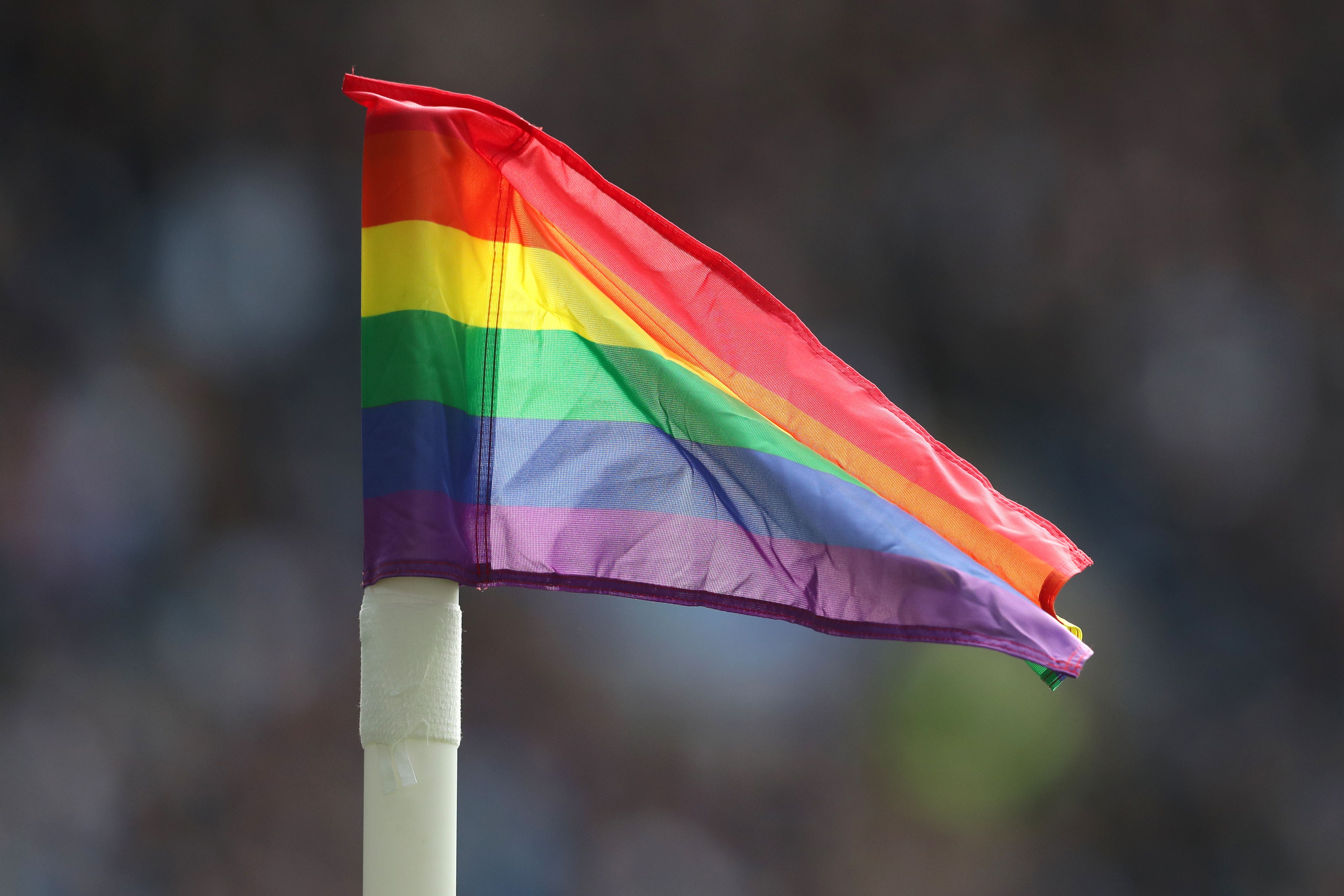Higher self-harm risk for LGB people shows society has ‘long way to go’
Study looked at data from 2007 and 2014 and found no improvement in the situation between the two time points.

Your support helps us to tell the story
From reproductive rights to climate change to Big Tech, The Independent is on the ground when the story is developing. Whether it's investigating the financials of Elon Musk's pro-Trump PAC or producing our latest documentary, 'The A Word', which shines a light on the American women fighting for reproductive rights, we know how important it is to parse out the facts from the messaging.
At such a critical moment in US history, we need reporters on the ground. Your donation allows us to keep sending journalists to speak to both sides of the story.
The Independent is trusted by Americans across the entire political spectrum. And unlike many other quality news outlets, we choose not to lock Americans out of our reporting and analysis with paywalls. We believe quality journalism should be available to everyone, paid for by those who can afford it.
Your support makes all the difference.People who are lesbian, gay and bisexual (LGB) are more likely than their straight peers to have suicidal thoughts or to self-harm, a new study has suggested.
Researchers also said their findings suggested depression, anxiety and experiences of discrimination or bullying might contribute in part to these increased risks.
The study by academics from University College London (UCL) is the first population-based sample in the UK investigating suicidal thoughts, suicide attempts and non-suicidal self-harm by sexual orientation group, researchers said.
While national surveys of British attitudes towards same-sex relationships suggest that society has become more tolerant of people who are gay, lesbian or bisexual, there is clearly a long way to go, as the mental health outcomes we were studying did not improve across our study period
Their analysis looked at data combined from two household surveys of 10,443 English people aged 16 and over, sampled in 2007 and 2014, and researchers said they were concerned to find no improvement in the situation between the two years.
The study, published in Social Psychiatry and Psychiatric Epidemiology, found there was a “striking excess risk” of self-harm among bisexual people, adding that “more work is needed to understand why bisexual people appear more likely than lesbian/gay people to cope with distress by self-harming”.
There was no evidence of an increased probability of suicide attempts in sexual minority groups compared with heterosexuals once common mental health disorders were taken into account, the study said.
The group who identified as lesbian/gay had the highest prevalence of having experienced bullying (51.7%) and of past-year discrimination due to sexual orientation (23.2%), the study found.
Prevalence of past-year suicidal thoughts was lowest in the group identifying as heterosexual (5.0%) compared with those identifying as bisexual (13.4%), lesbian/gay (11.4%) or other (8.8%), it added.
The prevalence of self-harm was also lowest in the group identifying as heterosexual (5.3%) compared with those identifying as bisexual (26.9%), lesbian/gay (15.2%) or other (9.4%), researchers said.
Government bodies, schools, workplaces and individuals should all consider their own cultures and attitudes towards people from sexual minority groups and challenge discriminatory behaviour
The study looked at sexual orientation but not gender identity, with researchers confirming their next survey will include questions on both so that future analyses can look at gender and sexual identity.
Lead author Dr Alexandra Pitman, associate professor at UCL’s psychiatry department, said: “While national surveys of British attitudes towards same-sex relationships suggest that society has become more tolerant of people who are gay, lesbian or bisexual, there is clearly a long way to go, as the mental health outcomes we were studying did not improve across our study period.
“People with sexual minority identities continue to face more discrimination and bullying than heterosexual people and are also more likely to experience common mental health problems such as depression and anxiety.
“Our study suggests that these experiences of discrimination and bullying may have some role to play in increasing the risk of suicidality and this requires further research.
“Clinicians should be aware of these issues, so that we can best support the mental health of LGB patients, while society as a whole also has a role to play in helping to reduce discrimination.
“Government bodies, schools, workplaces and individuals should all consider their own cultures and attitudes towards people from sexual minority groups and challenge discriminatory behaviour.”